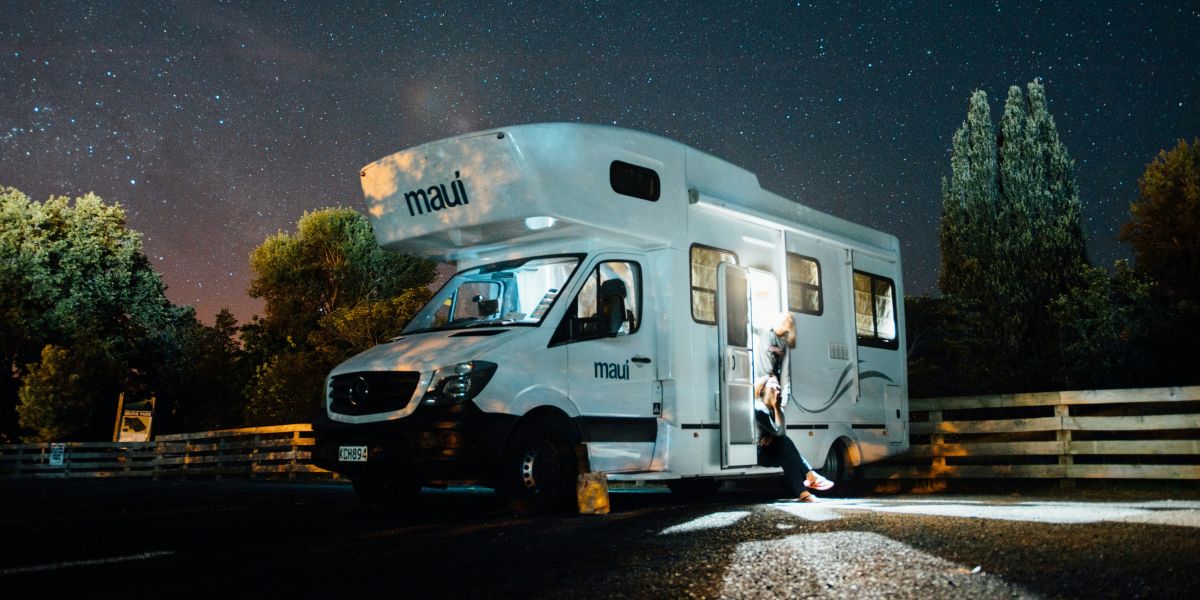By: Maria Williams and John Flynn
Marcus Withers grew up admiring great businessmen. When he studied at the University of Louisville and started his career in marketing, he believed that one day, he could be one. Or perhaps he was destined to be one. In the early part of his career, he took a job in the auto industry before stepping into the entrepreneurial arena that would define his successes, and he did not think much about going back to the seven-day, twelve-hour grind that dealership employees live in.
“Everything is a grind and a hustle,” Withers notes when discussing his life as an entrepreneur. “If one of my rental apartments has a leak in the roof, or my snow plow contractor doesn’t show up after a snow storm, it’s always my reputation and relationship with customers that makes me win that grind every day. It’s what motivates me.”
Life, it seems, offers more opportunities to return to our roots than can be seen at first glance. Twenty years later, Withers acquired an automobile dealership almost by accident. He was asked whether his father-in-law would be interested in purchasing a Lawrenceburg, Kentucky, Chrysler dealership in 2021. His father-in-law deemed it too small, but Marcus had other plans.
That year, Marcus proved it was just the right size. He closed on that business in early 2022, and his skills helped to build value quickly. His process proved formidable as he brought the dealership to profitability, even though he found himself surprised.
“I always want to create a customer experience that is competitive with the best,” Withers said, “I did the things that I knew were important, attended and graduated from the North American Dealers Association (NADA) dealer training program, and said ‘I can do this as well as anyone.’”
It was a busy two years, and Withers decided that he needed a team and a plan to test the limits of his skills. He has been excited at the results. He closed on his second dealership, Eddie Gilstrap Motors, a Ford and Chrysler dealership founded in 1939 in early May.
“I imagine what this little farm town of Salem, Indiana, must have had going on during World War II,” Withers noted, “I always wanted to own a hundred-year-old business, and now I feel confident that I will see that day happen.”
That acquisition marks a major step in the right direction for Marcus. However, he clarifies that this is only the beginning of his work in the automotive industry. “We want to have a strong platform,” he says. “We’d like to be delivering 400 to 500 cars a month by summer. That’s a formidable business.”
Marcus also has longer-term goals for this venture. In the next ten years, he aims to open 20 more dealerships. It’s a tall order, but Marcus has a determined team behind him. “We don’t accept anything but achieving our stated goal,” he says.
Some CEOs adopt a hands-off strategy, preferring to leave much of a business’s daily management to supervisors or managers. Marcus prefers a more hands-on approach, which is part of why the dealerships he purchases are relatively geographically close to him.
“I like to be in the weeds,” he says. “I want to be regionally close enough so my fingertips are on day-to-day operation.” Marcus is determined to stay involved despite having four dealerships he will operate by summer. He frequently visits each location, which means long hours both onsite and on the road.
Why such an unwavering focus on growth? Marcus Withers has long been committed to providing affordable housing. He grew up poor and is grateful to be in a position to help people who are facing similar circumstances. He explains that while his main focus right now is the automotive industry, he’s still working in real estate, particularly on expanding his affordable housing initiatives.
“I want to continue to grow,” he says. “I still want to do affordable housing projects. I have to do that. I’m called to do that. That’s what I’m supposed to do for inner-city youth. Growing up in the inner city, I feel like affordable housing — that’s how I give back. That’s how I create great living spaces for African Americans to have somewhere to live, in nice places.”
Balancing entrepreneurial efforts in multiple industries with humanitarian efforts means Marcus is constantly busy. His days are long, and there’s always a new process to tackle.
When asked if that’s a stressful way to live, he says it is — but that isn’t necessarily a bad thing. “I like the stress,” he says. “This kind of stress is good.”
Published by: Khy Talara









